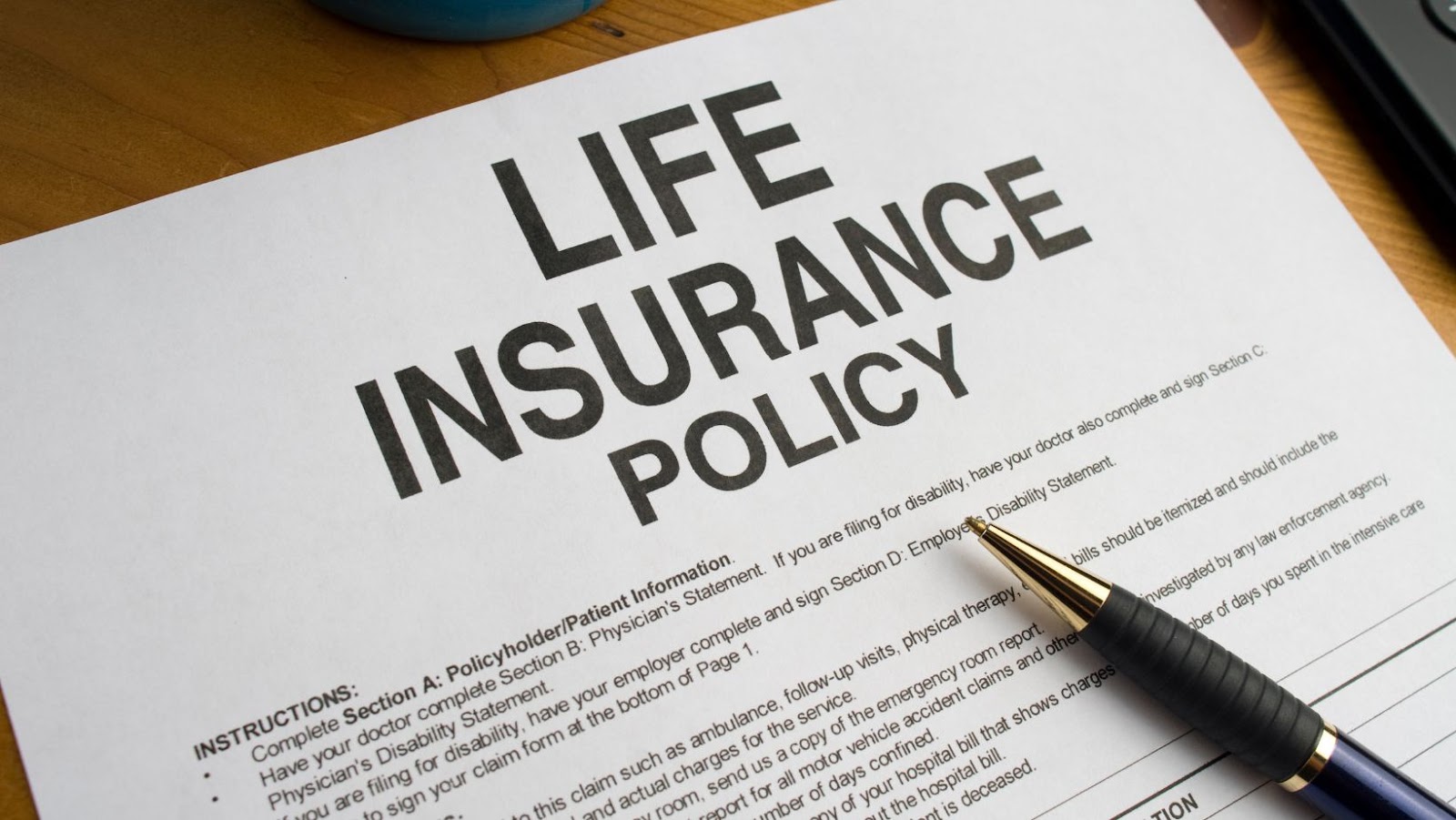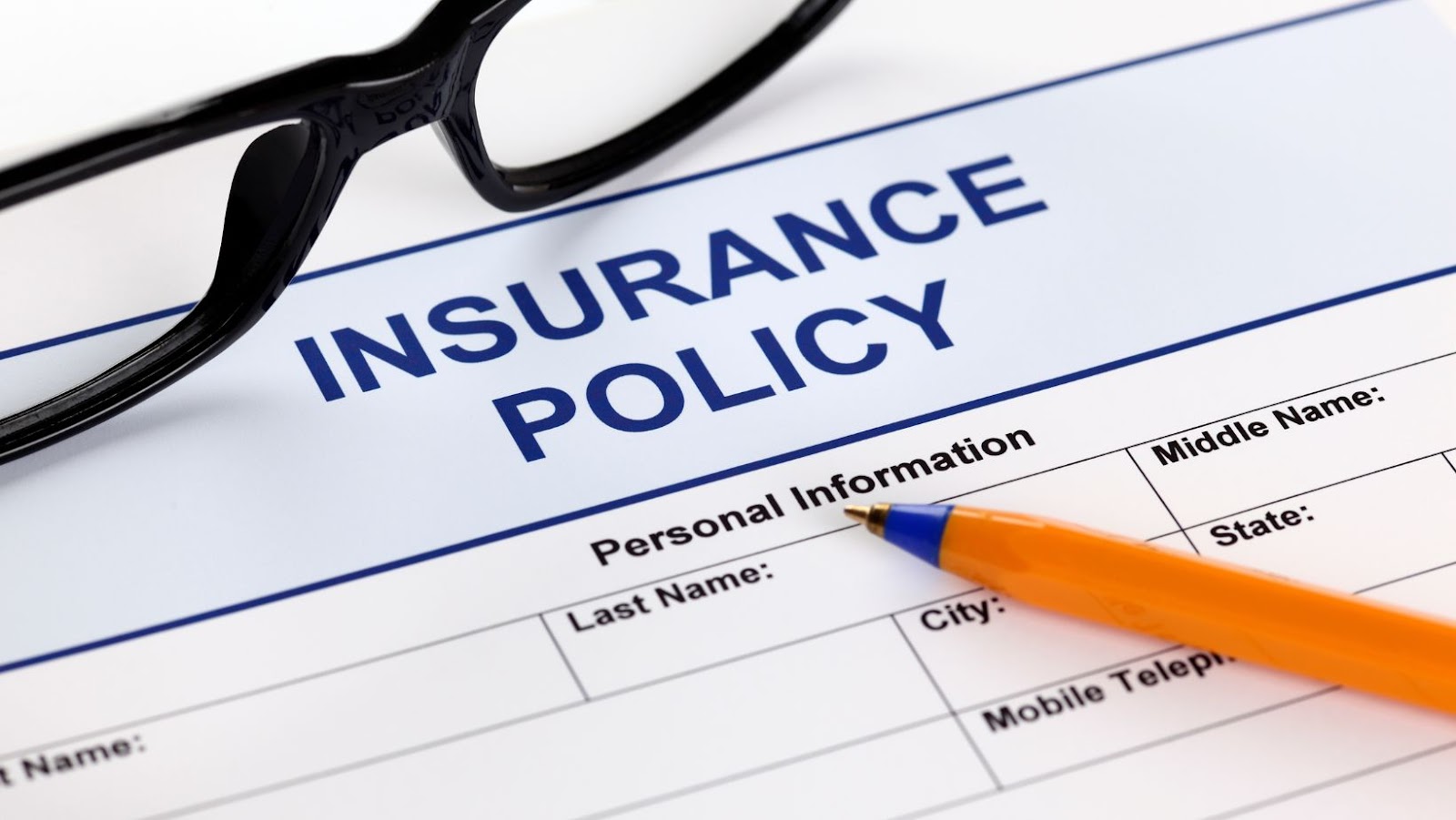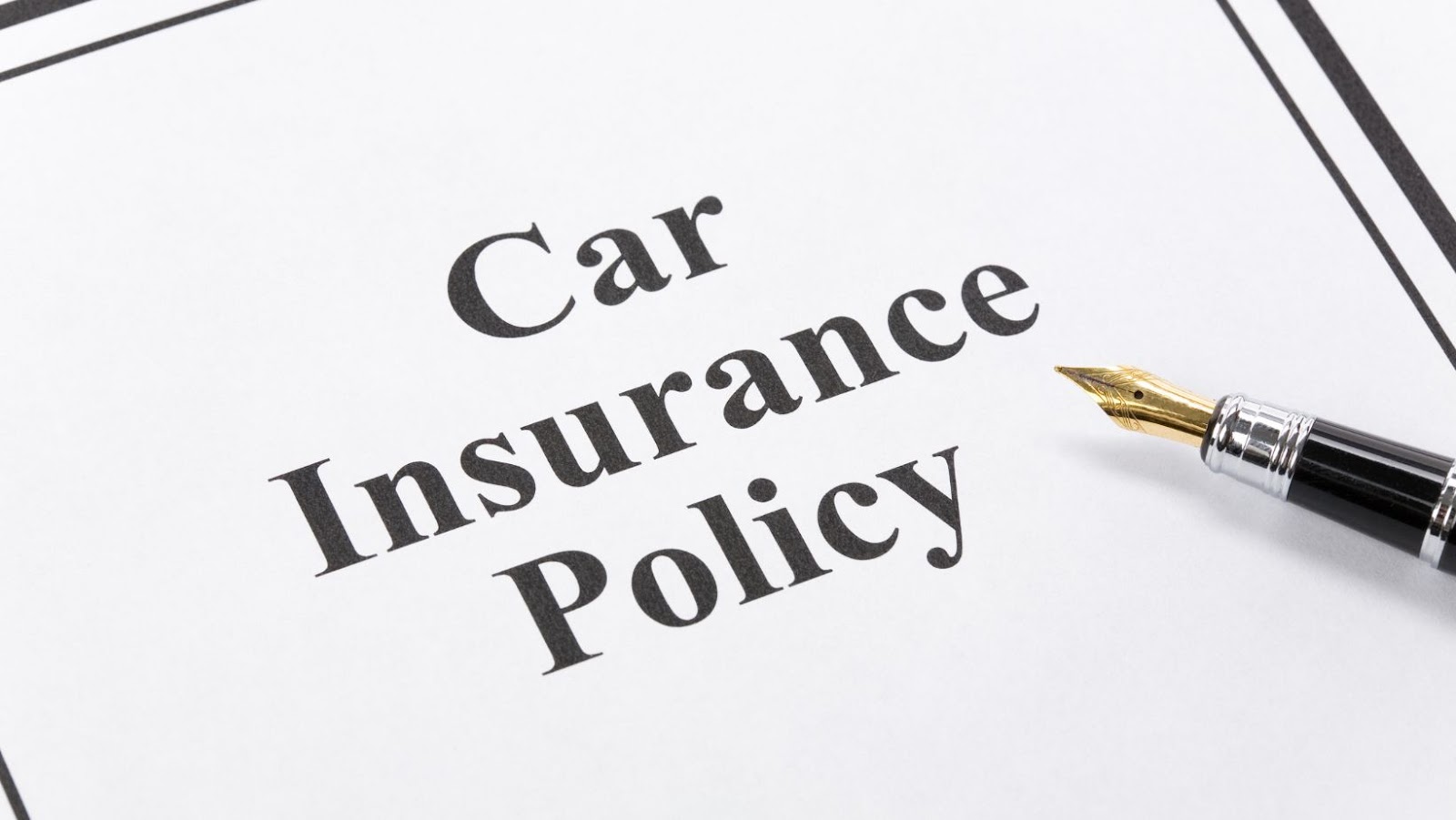
As well have all heard before, we can’t change the past, and the future is not certain; the only thing we have is the present moment, and with it, we can make our future better. If something is going to happen, there is no way to prevent it from happening, but there are things we can do to reduce the damage or prepare for any catastrophic event. And that’s the concept of insurance policies.
Financial planning and having savings set aside for a rainy day are important, but that doesn’t prevent things that could lead to the financial fallout from happening. The damage can sometimes be more than your financial capacity, and that’s why paying for insurance is important. Choosing the type of insurance and the amount you’re willing to pay for it is different for everyone. It depends on your current situation–whether you have children, your age, your current lifestyle, and the benefits your employers provide you with.
To help you secure your future, here are some insurance policies worth spending your money on.
Life Insurance
This one is especially important if you have children or if someone is financially dependent on you. As a general recommendation, it is recommended that you choose a policy that pays at least 10 times your yearly income if you die.
Another tip when deciding on the amount of life insurance needed to support your household is to consider the expenses of your funeral and to calculate the exact amount of living expenses your family needs. This means things that are simple as food expenses, education, clothes, and things like credit card debts, loans, taxes, and childcare. Having a realistic amount in mind will significantly help with your decision.
According to a study made on this, more than half of families in the United States are reliant on dual incomes, and a quarter of families will experience financial difficulties within a period of 30 days if one of two incomes gets cut off due to death.
Home Insurance
Home insurance is beneficial whether you own a house or you are renting one. It helps you replace your belongings, such as electronics, furniture, and even clothing, if something happens to them such as an accidental fire or even natural catastrophes, such as earthquakes and tornadoes. Our belongings not only hold financial value but oftentimes sentimental ones, and it’s a disaster when if something happens to them.
House insurance ensures that you don’t need to replace all your stuff if something happens. However, having house insurance coverage doesn’t mean that you should use your appliances recklessly because you know they will be covered since house insurance doesn’t cover bad use. For instance, Heating and air conditioning repair and replacement can be covered if it’s due to an incident but not due to normal wear and tear.
Health Insurance
Health insurance could be obtained from an employer or private insurance you buy for yourself by getting in touch with health insurance companies. If it’s been given to you by your employer, check what it protects you against and how much coverage it covers because if it doesn’t protect you against serious incidents, you might need to purchase one. Either way, investing in a good health insurance program is important; even if you don’t have a huge budget, investing in a minimal one is better than not having one at all.

Medical costs are getting higher and higher, and health incidents can happen unexpectantly and can cause financial hardships to cover the bills and hospital stays. Some people assume that just because they’re young and healthy, they don’t need health insurance, but health incidents can happen to anyone at any age–you don’t have to be old to get a disease.
Automobile Insurance
In most states, driving without auto insurance is lawfully forbidden, but there are many other places where it is not. Not only is this against the law, but if you go through a car accident, you will have to pay a fortune to fix the car if you don’t have auto insurance.

The options are endless when looking for what car insurance you need, like, liability coverage, comprehensive and collision coverage, and uninsured/underinsured motorist coverage. Similar to all types of insurance, your situation will determine the cost of the insurance. Before deciding on one, compare the different rate quotes and benefits provided with each insurance package, and check if you can get a lower rate because of your driving record, your age, or even the place you live in.
Additional Resource: flex card for seniors























